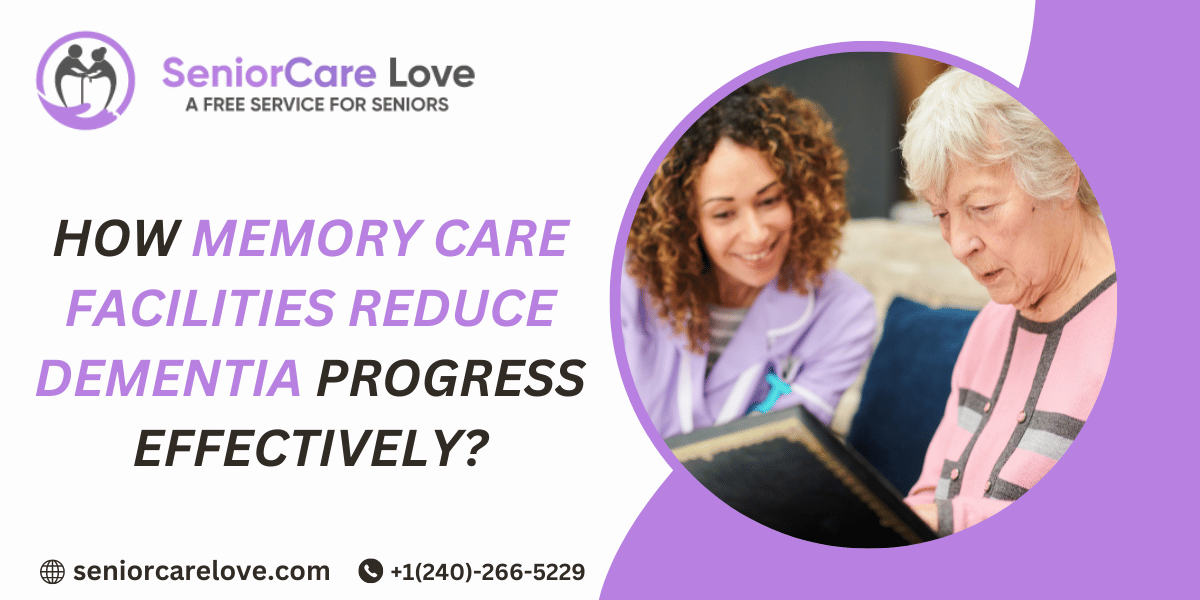Dementia is a progressive brain disorder that affects memory, thinking, and behavior. As the condition worsens, seniors with dementia may require increasing levels of care and support. Senior care advisors, also known as senior care consultants, senior living advisors, or senior healthcare advisors, can play a vital role in helping families navigate the complexities of dementia care and ensure that their loved ones receive appropriate care and maintain their dignity.
Understanding the Role of Senior Care Advisors in Dementia Care
Senior care advisors are professionals with expertise in the care of older adults. They provide comprehensive guidance and support to families caring for seniors with dementia, offering a range of services tailored to the specific needs of each individual.
Specifically, senior care advisors with dementia expertise can:
- Conduct a thorough assessment of the senior’s cognitive and functional limitations. This assessment helps determine the level of care required and identifies areas where the senior may need additional assistance.
- Develop personalized care plans that address the senior’s individual needs and preferences. Care plans may include strategies for managing daily activities, promoting social engagement, and maintaining cognitive function.
- Educate families about dementia, its progression, and effective caregiving strategies. Understanding the condition and its effects can help families better support their loved ones and cope with the challenges of caregiving.
- Identify and recommend appropriate care options, including home care, assisted living, or memory care facilities. Each care setting offers different levels of support and supervision, and senior care advisors can help families choose the option that best suits the senior’s needs.
- Coordinate care with healthcare providers, ensuring seamless communication and treatment plans. Seniors with dementia often have complex medical needs, and senior care advisors can facilitate communication between healthcare providers to ensure a coordinated approach to care.
- Provide ongoing support and guidance to families as the senior’s needs evolve. Dementia is a progressive condition, and senior care advisors can provide ongoing support and guidance to families as the senior’s needs change over time.
Here are some essential questions that you should ask to the senior care advisor while choosing the right memory care facility for your loved one.
Maintaining Dignity and Quality of Life

Senior care advisors play a crucial role in preserving the dignity and quality of life for seniors with dementia. They can:
- Help families create a safe and supportive home environment. This may involve making modifications to the home to reduce fall risks, providing clear signage and reminders, and creating a calming and clutter-free space.
- Recommend memory-enhancing activities and strategies to promote cognitive stimulation. Mental stimulation can help slow the progression of dementia and maintain cognitive function. Senior care advisors can suggest appropriate activities, such as puzzles, games, and creative pursuits.
- Assist with social engagement and participation in meaningful activities. Social interaction is important for maintaining emotional well-being and quality of life in seniors with dementia. Senior care advisors can help families identify and connect their loved ones with social activities, support groups, and community programs.
- Promote emotional well-being and provide support for both the senior and their family. Caring for a loved one with dementia can be emotionally challenging for both the senior and their family. Senior care advisors can provide support, education, and coping strategies to help families manage stress and maintain their own well-being.
Finding Senior Care Advisors for Seniors with Dementia
To find qualified senior care advisors for seniors with dementia, families can:
- Seek recommendations from healthcare providers, social workers, or support groups. These professionals often have a network of trusted senior care advisors and can provide referrals based on the senior’s specific needs.
- Search online directories of certified senior care advisors. Several online directories list senior care advisors with expertise in dementia care. Families can search by location, qualifications, and experience to find suitable advisors.
- Contact local Alzheimer’s Association chapters for referrals. The Alzheimer’s Association is a leading organization providing support and resources for individuals and families affected by dementia. Local chapters can provide referrals to qualified senior care advisors in their area.
- Utilize free referral placement services offered by organizations like Senior Care Love. Organizations like Senior Care Love offer free referral placement services to connect families with experienced senior care advisors specializing in dementia care. These services can save time and help families find the most suitable advisors for their needs.
Senior Care Love: Free Referral Placement Service for Seniors with Dementia
Navigating the caregiving journey for a loved one with dementia can be overwhelming and emotionally draining. Senior Care Love, a dedicated resource for seniors and families in Maryland, offers a free referral placement service to connect families with experienced senior care advisors specializing in dementia care.
With extensive knowledge of senior care resources and providers in Maryland, Senior Care Love can provide personalized recommendations, arrange consultations, and offer ongoing support throughout the caregiving process.








